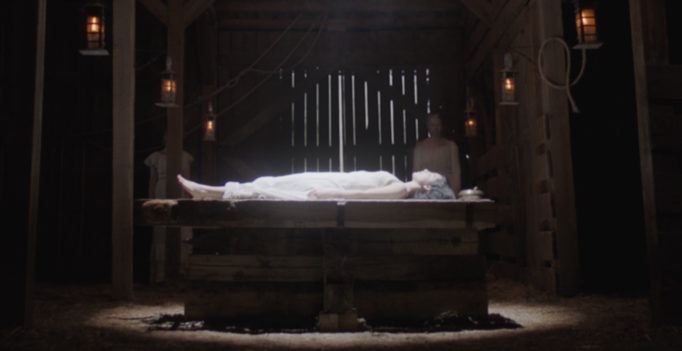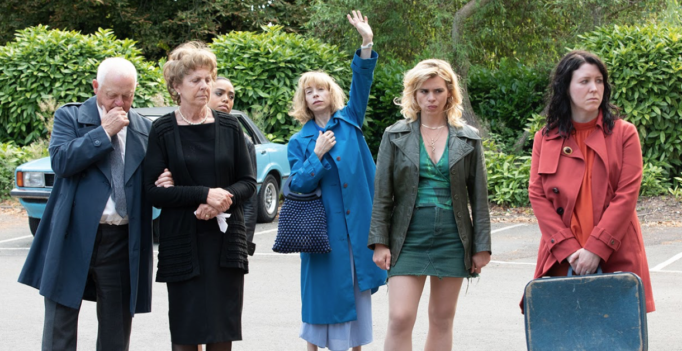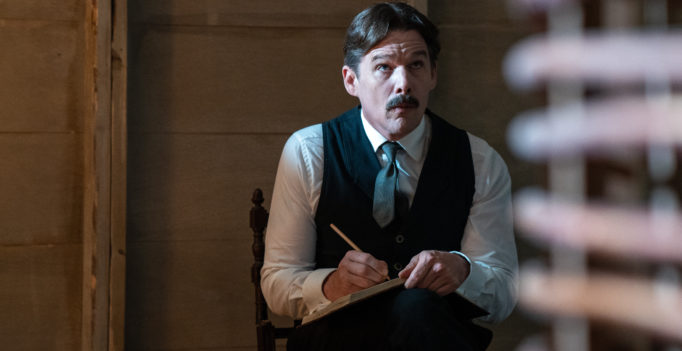Rocks
Sarah Gavron’s Rocks is a realist coming-of-age drama that follows a young girl of colour, “Rocks” (Bukky Bakray), as she struggles caring for her younger brother after their mother leaves without warning. Aggressively directed and acted, Rocks offers a poignant intersectional look at race, poverty, and gender in the context of the United Kingdom, where the racial tensions–let alone economic tensions–triggered by Brexit are flourishing.









